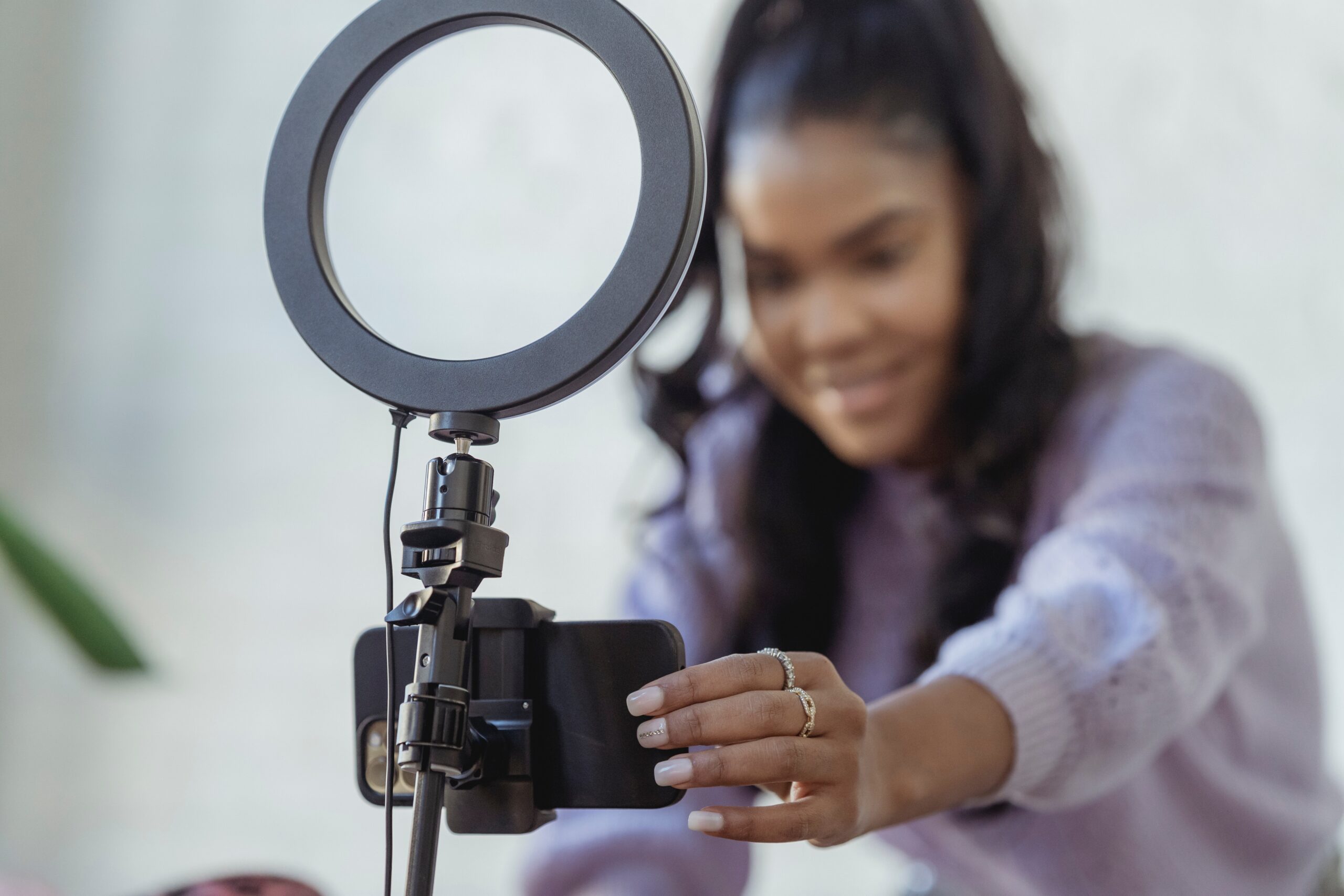In the contemporary landscape of digital interconnectedness, social media has seamlessly integrated itself as an indispensable facet of our existence. Its arrival has engendered a transformative shift in the methods through which we engage, exchange information, and foster social bonds.
However, the incessant exposure and active participation on social media platforms can lead to a plethora of pressures that influence our mental state. We address the pressure of social media and provides practical insights on how to disconnect for a healthier online experience.
The Pressure of Social Media
The pervasiveness of social media holds the potential for profound ramifications on our mental health. An augmented occurrence of anxiety, depression, and a profound sense of inadequacy has been linked to individuals who excessively rely on social media.
The constant exposure to meticulously crafted glimpses of others’ lives can incite a profound sense of comparison and self-doubt, resulting in detrimental effects on our holistic well-being. Seeking validation through likes, comments, and follower counts has become a pivotal factor driving self-esteem within the social media domain.
The tireless endeavor for approval and the fear of missing out (FOMO) can generate an ongoing craving for external validation, posing adverse effects on our perception of self and self-esteem. Social media platforms often cultivate a culture of comparison, where we measure our lives against carefully curated glimpses into the lives of others. The perpetual exposure to glorified depictions of reality can ignite sentiments of discontent and inadequacy, nurturing an unrealistic and unattainable benchmark for comparison.
The Negative Effects of Social Media
Comparison Culture:
Comparison culture, fueled by social media, perpetuates a constant cycle of comparing ourselves to others. Exposure to such content can evoke emotions of envy, insecurity, and a skewed perception of our own lives. This toxic comparison can erode our self-confidence and hinder our personal growth.
Cyberbullying:
The digital landscape is not impervious to the less desirable facets of human conduct. The practice of cyberbullying, involving online harassment, intimidation, and cruelty, can induce profound psychological repercussions. The anonymity provided by social media platforms can empower individuals to partake in detrimental actions, resulting in emotional anguish and enduring trauma.
Addiction:
The addictive nature of social media platforms is a growing concern. The continuous scrolling, notifications, and instant gratification mechanisms can lead to excessive screen time and a compulsive need to be constantly connected. This addiction can disrupt our daily lives, impact productivity, and strain relationships.
How to Disconnect
Setting distinct boundaries is imperative in cultivating a healthy and balanced relationship with social media. This involves defining specific times for social media usage, designating device-free zones, and establishing guidelines for the types of content we engage with.
Establishing these boundaries empowers us to reclaim authority over our digital presence and safeguard our overall well-being. Engaging in proactive monitoring and setting limits on social media usage is paramount.
This can be achieved by utilizing smartphone features that track usage, setting timers, or using productivity apps that help manage screen time. Through cultivating a mindful approach to social media consumption, we can dedicate time to activities that nurture personal development and well-being.
In certain instances, it may be imperative to entirely disconnect from social media to restore equilibrium and prioritize our mental well-being. Taking periodic digital detoxes or social media fasts allows us to break the cycle of constant exposure, rejuvenate our minds, and rediscover the joys of the offline world.
Benefits of Disconnecting
Improved Mental Health:
Through disconnecting from social media, we can cultivate an enhanced state of mental well-being. Prioritizing our own experiences, nurturing self-acceptance, and cultivating a positive mindset are vital in mitigating the pressures of social media.
Increased Productivity:
By decreasing the time dedicated to social media, we create space for endeavors that foster personal growth, creativity, and productivity. By disconnecting from the digital realm, we can redirect our energy towards meaningful goals and tasks, free from constant distractions.
Better Relationships:
Disconnecting from social media can enrich our interpersonal connections and relationships. It provides an opportunity to be fully present and engage in meaningful conversations, deepening connections with loved ones. By redirecting our attention from virtual interactions to real-world interactions, we can nurture more fulfilling and authentic relationships.
To wrap up, the pressure stemming from social media presents a notable issue, considering its potential adverse impact on mental health and overall well-being. However, by understanding these pressures and implementing strategies to disconnect, we can reclaim control over our digital lives.
Setting boundaries, limiting screen time, and disconnecting can help improve mental health, productivity, and relationships. It is time to prioritize our well-being and find a healthier balance in the digital age.



